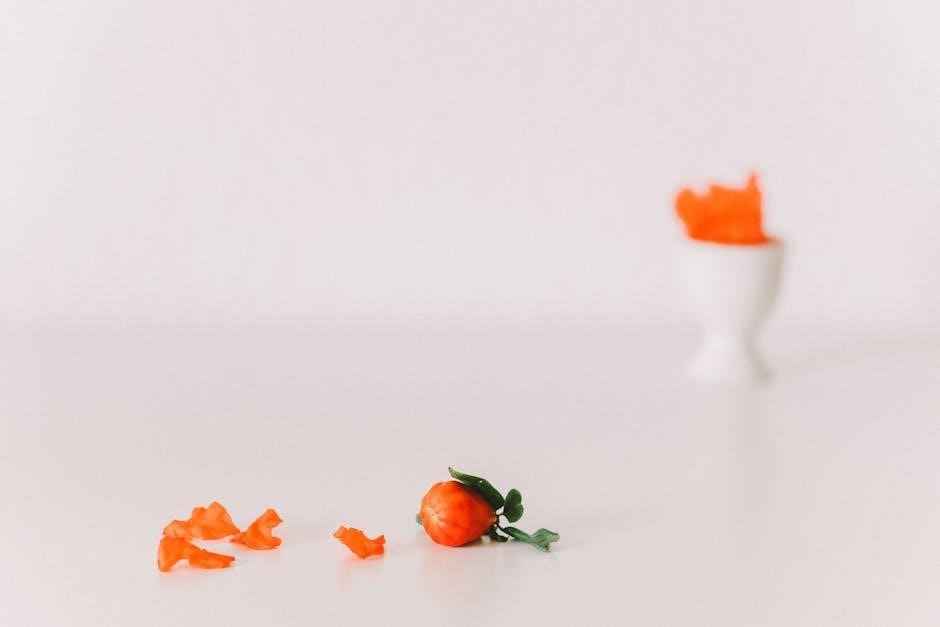Cataclysm Classic Cooking offers a unique way to enhance your WoW experience by crafting delicious dishes that provide valuable buffs for raids and PvE content. This guide will walk you through the essentials of leveling your Cooking profession, ensuring you maximize its benefits and efficiently reach the coveted 525 skill cap.
1.1 Importance of Cooking in WoW Cataclysm Classic
Cooking in WoW Cataclysm Classic is a vital secondary profession that provides unique buffs, enhancing gameplay for both PvE and raid scenarios. These buffs can improve stats, restore health, or boost mana, making them indispensable for optimal performance. Unlike primary professions, cooking is accessible to all classes and races, ensuring universal utility. By crafting dishes, players can gain a competitive edge in raids and dungeons, while also supporting their allies. Additionally, cooking complements other professions like fishing by utilizing caught materials. Mastery of cooking not only enhances character effectiveness but also offers a lucrative gold-making opportunity through the auction house, making it a worthwhile investment for any player.
1.2 Benefits of Leveling Cooking
Leveling Cooking in WoW Cataclysm Classic offers numerous benefits, including access to powerful buffs that enhance gameplay. These dishes can boost stamina, intellect, or agility, providing a competitive edge in raids and dungeons. High-level cooking also unlocks recipes for feasts, which benefit entire groups, making you a valuable asset to your team. Additionally, cooking is a great way to earn gold by selling high-demand dishes on the auction house. Since cooking is a secondary profession, it complements other skills like fishing without conflicting with primary professions. Investing time in leveling cooking ensures improved performance, better group dynamics, and increased in-game profitability.
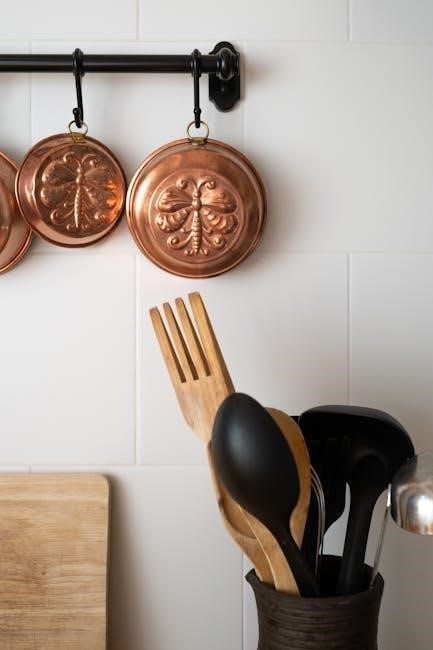
Training Your Cooking Profession
Training your Cooking profession in WoW Cataclysm Classic is straightforward. Find a Cooking trainer, learn essential recipes, and progress through skill ranks to unlock new dishes and improvements.
2.1 Finding a Cooking Trainer
To begin your Cooking journey in Cataclysm Classic, locate a Cooking trainer in major cities like Stormwind, Orgrimmar, or Dalaran. These trainers are often near other profession trainers or in bustling areas. They will teach you the basics and unlock higher skill levels as you progress. Additionally, some trainers in hubs like Shattrath or Exodar specialize in specific cuisines, offering unique recipes. Ensure you visit a trainer whenever you reach a new skill rank to unlock the next set of recipes and continue leveling efficiently. Trainers are essential for advancing your Cooking profession and accessing more complex dishes.
2.2 Cooking Ranks and Requirements
In Cataclysm Classic, Cooking is divided into ranks: Apprentice, Journeyman, Expert, Artisan, and Master. Each rank unlocks higher-level recipes and requires a specific skill level to achieve. Starting as an Apprentice, you’ll progress through the ranks as you gain experience and skill points. Reaching higher ranks is essential for accessing advanced recipes and maximizing your Cooking potential. Ensure you train with a Cooking trainer whenever you meet the skill requirements for the next rank to continue leveling efficiently. Each rank builds on the previous one, allowing you to craft more complex and beneficial dishes for yourself and your party.
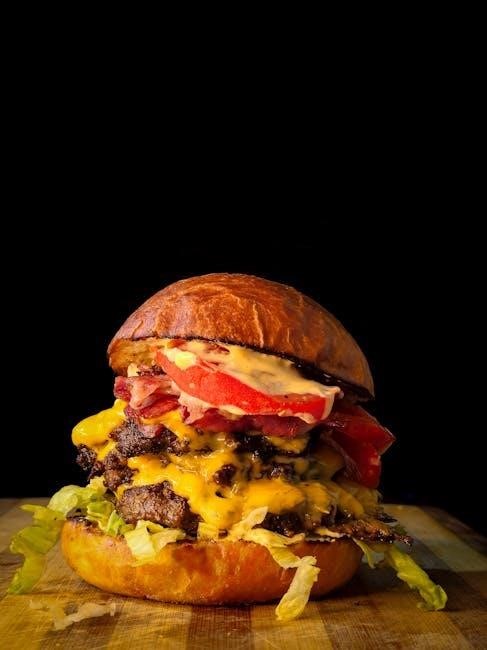
Leveling Cooking from 1 to 525
Leveling Cooking from 1 to 525 in Cataclysm Classic involves mastering recipes from Classic, TBC, and Cataclysm content, ensuring a smooth progression with optimal material use.
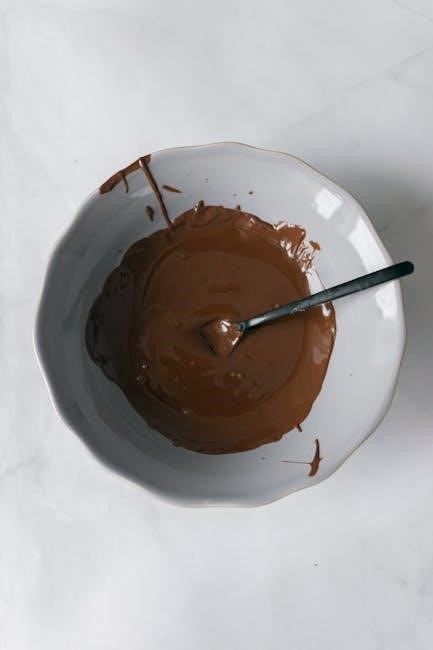
3.1 Leveling from 1 to 300: Classic Recipes
Leveling Cooking from 1 to 300 relies on classic recipes introduced in the original WoW. Essential materials include Simple Flour, Mild Spices, and various meats like Stringy Wolf Meat and Clam Meat. Recipes such as Roasted Chicken and Cooked Trout are cost-effective and provide steady skill gains. These dishes are crafted using easily farmed ingredients, making the early stages of Cooking progression accessible. Focus on using materials like Refreshing Spring Water and Giant Eggs to minimize costs. By consistently crafting these foundational recipes, you’ll efficiently reach 300, preparing for the next phase of your Cooking journey in TBC content.
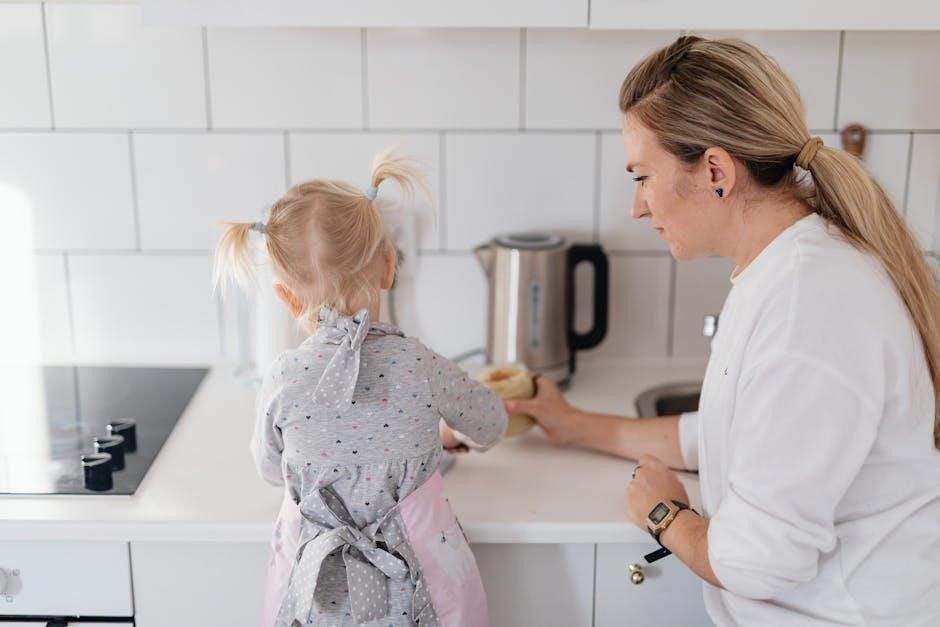
3.2 Leveling from 300 to 450: TBC Recipes
Leveling Cooking from 300 to 450 in Cataclysm Classic involves transitioning to TBC-era recipes. Key ingredients like Fel Pumpkins, Wrathfish, and Ancient Lichen become essential. Recipes such as Fel Pumpkin Soup and Wrathfish provide consistent skill gains and are in high demand. Utilize Spicy Shrimp and Blackened Trout for efficient progression. These dishes require materials farmed in Outland zones like Shadowmoon Valley and Zangarmarsh. Focus on crafting high-demand items to maximize skill gains and prepare for the next phase of Cooking. This period introduces more complex recipes, setting the stage for Cataclysm’s advanced dishes.
3.3 Leveling from 450 to 525: Cataclysm Recipes
Reaching 450 unlocks Cataclysm-specific recipes, essential for progressing to 525. Focus on crafting dishes like Hearty Pike and Lavascale Minestrone, which provide steady skill gains. Ingredients such as Savage Leather, Enormous Pike, and Lichbloom are crucial. These recipes often require materials farmed in zones like Mount Hyjal and Twilight Highlands. As skill gains slow down, prioritize high-demand items to maximize efficiency. The final stretch may require repeating daily quests or crafting Epicurean’s Awards for the last few points. This phase transitions you into the endgame, preparing you for advanced Cooking challenges in Cataclysm Classic.
Best Recipes for Leveling
Opting for the right recipes is crucial for efficient skill progression. Focus on high-demand dishes like Hearty Pike and Lavascale Minestrone for consistent gains; These recipes ensure optimal leveling.
4.1 Recipes for 1-300 Skill Level
For skill levels 1-300, focus on recipes that provide consistent skill gains and are cost-effective. Start with Thistle Tea, which requires only Simple Flour and Mild Spices. At higher levels, switch to Roast Mutton and Hearty Stew, using readily available meats and spices; These recipes are ideal for steady progression. Ensure you have ample materials like Refreshing Spring Water and Stringy Wolf Meat to avoid delays. Opting for these dishes ensures efficient leveling without excessive material costs. This phase is foundational, so prioritize recipes that offer the highest skill gains per craft.
4.2 Recipes for 300-450 Skill Level
For skill levels 300-450, focus on recipes that utilize meats like Sunscale Snapper and Crawler Meat. Poached Sunscale Snapper and Spicy Crawdad are excellent choices, offering consistent skill gains. These dishes require Mild Spices and Refreshing Spring Water, which are readily available. As you progress, incorporate Golden Fish Sticks and Blackened Dragonfin, which use higher-tier ingredients like Dragonfin Angelfish. These recipes are cost-effective and provide steady progression. Ensure a steady supply of fish and spices to maintain efficient leveling. This phase transitions you into more advanced cooking, preparing you for the final stretch to 525.
4.3 Recipes for 450-525 Skill Level
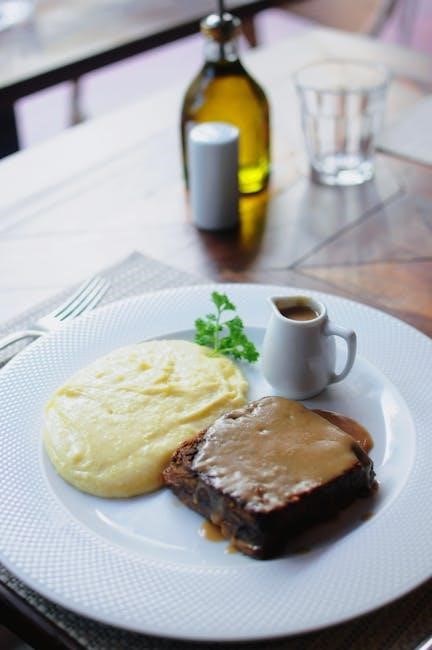
Reaching the final stretch, recipes like Murglesnout and Spicy Blue Noodles are indispensable for leveling from 450 to 525. These dishes require high-tier ingredients such as Murglesnout, Tuna, and Spices. Pan-Seared Tuna is another effective recipe, offering consistent skill gains. Ensure a steady supply of fish and spices to craft these dishes efficiently. While these recipes are costly, they provide the best skill gains in this range. Focus on using materials like Simple Flour and Mild Spices to maximize your progression. With dedication and the right ingredients, you’ll reach the 525 skill cap in no time.
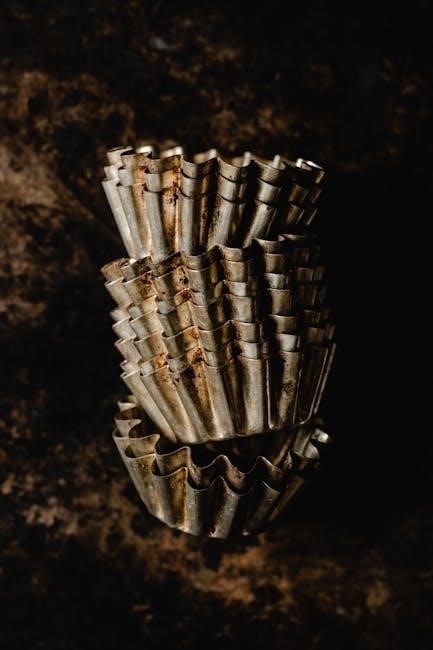
Materials and Resources
Gather essential materials like Simple Flour, Mild Spices, and various meats or fish to craft dishes. Farming locations such as rivers, dungeons, and specific zones provide these resources efficiently.
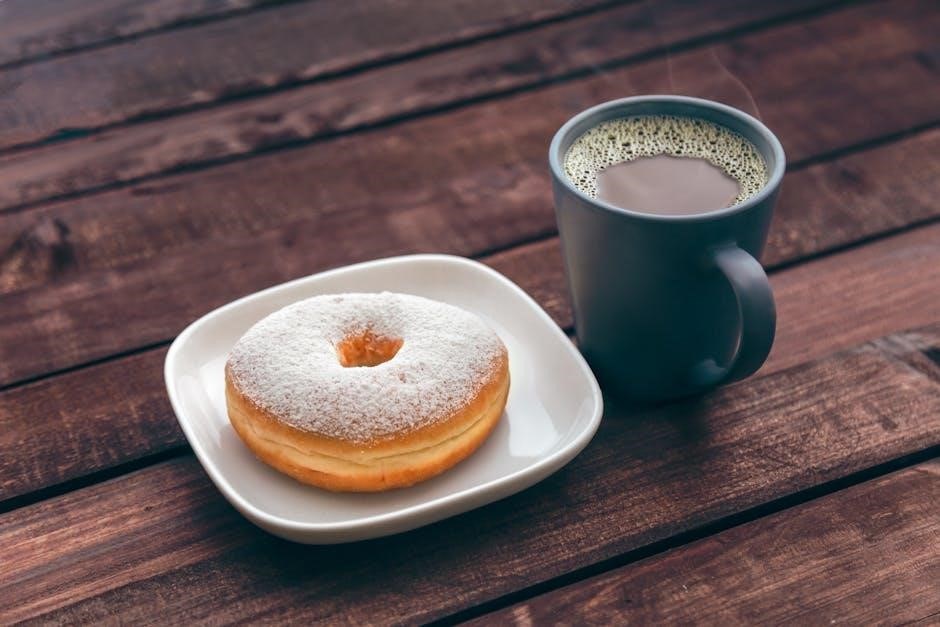
5.1 Essential Materials for Cooking
Cooking in Cataclysm Classic requires specific materials to craft dishes. Key ingredients include Simple Flour, Mild Spices, and various meats like Stringy Wolf Meat and Clam Meat. Fish such as Refreshening Spring Water and Crawler Meat are also crucial. Additionally, Giant Eggs and Bear Meat are frequently used in higher-level recipes. These materials can be obtained through farming specific mobs, purchasing from vendors, or fishing in designated zones. Ensuring a steady supply of these ingredients is vital for efficiently leveling your Cooking skill and crafting the best dishes for buffs and consumables.
5.2 Farming Locations for Materials
Efficient farming of materials is crucial for leveling Cooking. Stringy Wolf Meat can be farmed from wolves in Hillsbrad Foothills, while Clam Meat is abundant along the coast of Howling Fjord. Bear Meat drops from bears in Nagrand and Grizzly Hills. Crawler Meat is found on scorpid in Terokkar Forest and Shadowmoon Valley. Refreshing Spring Water can be gathered from water sources in these zones. Giant Eggs are obtained from thunder lizards in The Barrens and Thousand Needles. Farming these locations ensures a steady supply of ingredients, enabling smooth progression through Cooking levels.
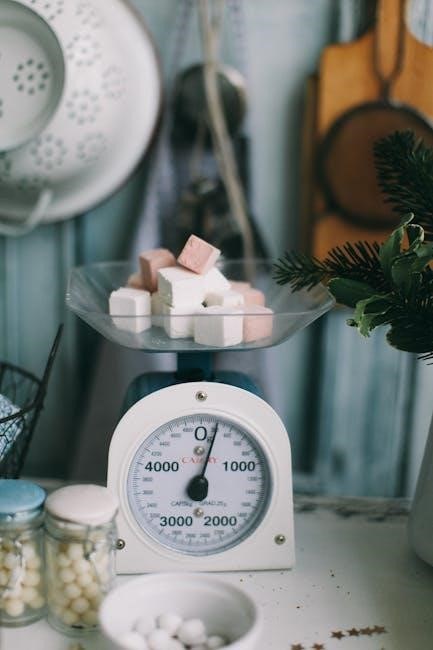
Advanced Cooking Strategies
Advanced Cooking Strategies involve utilizing daily quests and maximizing skill gains through Epicurean Awards, ensuring efficient progression to 525. This approach optimizes resource use and skill gains.
6.1 Utilizing Daily Cooking Quests
Daily Cooking Quests are a valuable resource for skill progression and rewards. Completing these quests provides additional Cooking skill points, gold, and items like the Epicurean’s Award, which boosts your skill gain. Quests often require specific ingredients, encouraging resource management and farming. Regularly completing dailies ensures steady progression, especially when recipes turn grey. They also offer variety, breaking the monotony of crafting the same dishes repeatedly. Strategic use of daily quests maximizes efficiency, helping you reach 525 quickly and effectively. This approach is particularly beneficial for players seeking to optimize their Cooking profession in Cataclysm Classic. Consistency is key to mastering this strategy.
6.2 Maximizing Skill Gains with Epicurean Awards
Epicurean Awards are rare items that grant a temporary skill bonus to Cooking, significantly boosting your progression. These awards are earned through daily Cooking quests or purchased with Chef’s Awards. When used strategically, they can increase skill gains by 10 points for 15 minutes, allowing you to craft higher-level recipes more efficiently. Stacking multiple awards further enhances their effect, making them invaluable for rapid leveling. Timing their use with the crafting of high-skill dishes ensures maximum benefit. This method is particularly effective during the later stages of Cooking, where skill gains become challenging. By leveraging Epicurean Awards wisely, you can accelerate your journey to 525 and optimize your profession’s potential.
Mastery of Cataclysm Classic Cooking unlocks powerful buffs, enhances raid performance, and fosters community engagement through feasts. This guide equips you to maximize its benefits effectively.
7.1 Final Tips for Mastering Cataclysm Classic Cooking
To truly excel in Cataclysm Classic Cooking, stay organized by tracking your materials and recipes. Prioritize daily quests for consistent skill gains and use Epicurean Awards to boost progression. Farming key ingredients like fish, meats, and spices in optimal zones ensures you never run out of supplies. Experiment with high-level recipes to create feasts and buff foods, which are invaluable for raids and dungeons. Finally, leverage the Auction House to sell surplus dishes for gold or buy rare materials. With dedication and smart planning, mastering Cooking becomes a rewarding journey that enhances both your gameplay and your character’s effectiveness.
